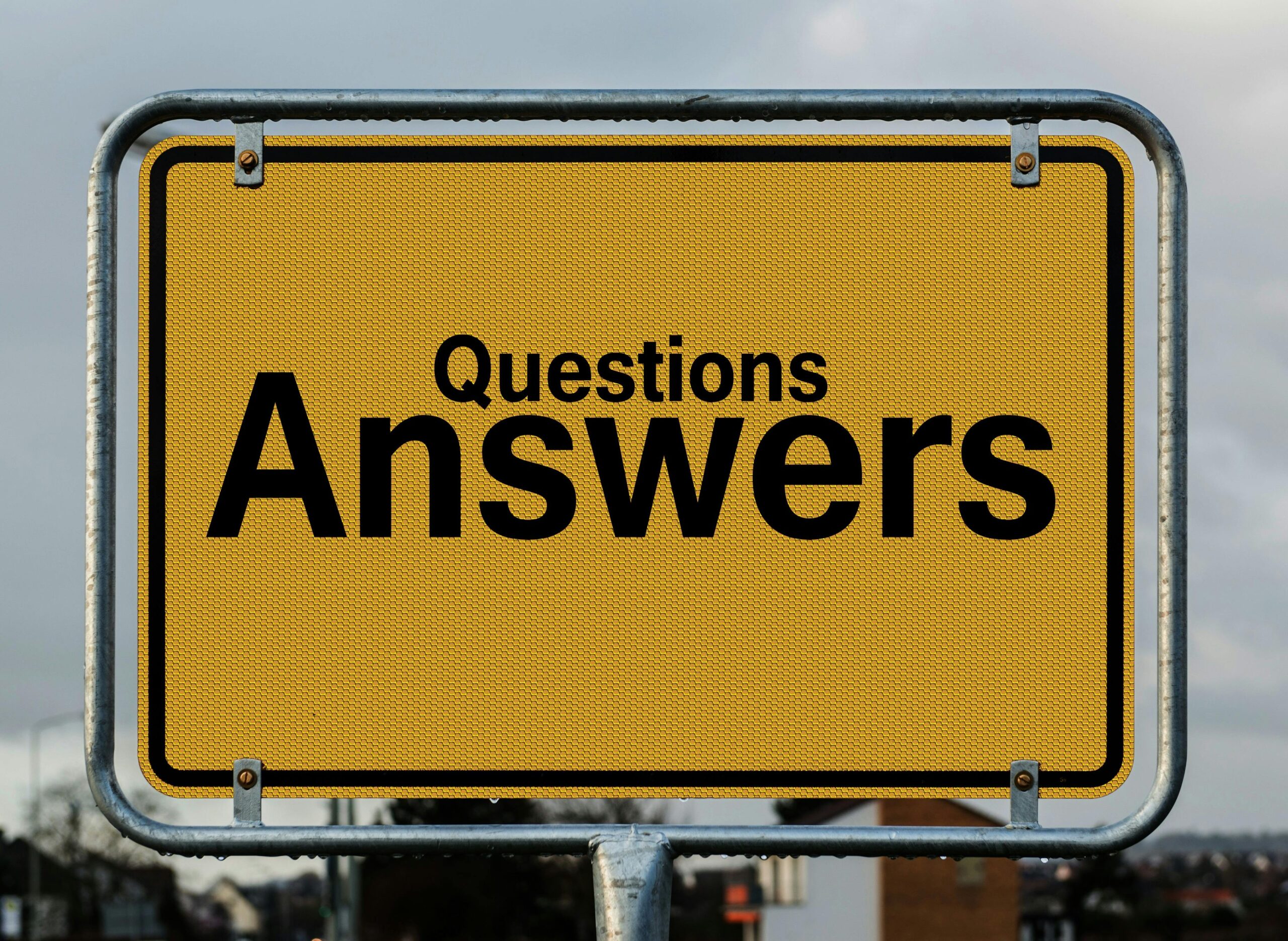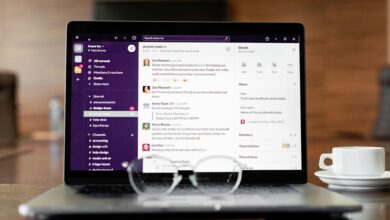Top Competency-Based Interview Questions and Effective Answers

Table of Contents
In today’s competitive job market, mastering the art of interviewing can dramatically influence your career trajectory. For many employers, competency-based interviews have become the gold standard for assessing a candidate’s suitability for a position. This structured interviewing technique delves into a candidate’s past experiences to evaluate their skills, behaviors, and attitudes, making it vital for you to prepare thoroughly. This article will provide you with key competency-based interview questions and effective answers, ensuring you leave a lasting impression during your next interview.
Understanding Competency-Based Interview Questions

Competency-based interview questions are designed to pinpoint specific experiences that demonstrate how you handled challenges in the past. The underlying principle is that past behavior is the best predictor of future behavior in similar situations. These questions often start with phrases like:
- “Give me an example of a time when…”
- “Describe a situation where you had to…”
- “Tell me about a time you faced a challenge…”
Why Are Competency-Based Questions Important?
Employers appreciate competency-based interviews for several reasons:
Predictive Validity: They allow employers to predict how candidates will perform based on actual experiences rather than hypothetical scenarios.
Structured Evaluation: These questions provide a framework for interviewers to assess candidates consistently.
Skill Alignment: They help ensure candidates possess the skills necessary for the role.
Common Competency-Based Interview Questions

Problem-Solving
Question: “Can you describe a time when you identified a problem at work and how you resolved it?”
Effective Answer:
In my previous role as a project manager, I noticed a recurring delay in project deliverables, which affected our client satisfaction. I organized a team meeting to discuss the issue, where we analyzed our workflow and identified bottlenecks in communication. We implemented a project tracking tool that enhanced visibility and accountability. As a result, we reduced our project delivery time by 20%, leading to improved client feedback.
Teamwork
Question: “Tell me about a time you worked as part of a team. What was your role, and how did you contribute?”
Effective Answer:
During a significant project launch at my last company, I collaborated with a cross-functional team to develop a marketing strategy. I took the initiative to facilitate brainstorming sessions, ensuring everyone’s ideas were heard. By utilizing each member’s strengths and fostering open communication, we developed a campaign that exceeded our goals, increasing sales by 30% in the first quarter post-launch.
Adaptability
Question: “Describe a situation where you had to adapt to a significant change in the workplace. How did you handle it?”
Effective Answer:
In my previous role in a tech company, we underwent a major software upgrade that required additional training and adjustments. I proactively volunteered to lead training sessions for my colleagues, breaking down complex concepts into manageable parts. My adaptability helped my team embrace the changes more quickly, resulting in minimal disruption to our workflow.
Leadership
Question: “Can you provide an example of when you took the lead on a project? What challenges did you face?”
Effective Answer:
I led a critical project that involved integrating a new customer relationship management system. One major challenge was resistance from some team members who were hesitant about the new process. I initiated one-on-one meetings to address their concerns and incorporated their feedback into our implementation strategy. My leadership helped build trust and ultimately resulted in a smoother transition, as we met our deadlines without sacrificing quality.
Conflict Resolution
Question: “Tell me about a time you experienced a conflict at work. How did you handle it?”
Effective Answer:
In a team setting, a misunderstanding arose regarding project responsibilities, leading to tension between team members. I addressed the situation by organizing a mediation meeting where each person could express their views. Through active listening and collaboration, we clarified roles and responsibilities, which not only resolved the conflict but also strengthened our teamwork.
Tips for Answering Competency-Based Interview Questions

Use the STAR Method: Structure your answers using the STAR (Situation, Task, Action, Result) technique. This organizes your response and provides clear insights into your problem-solving skills.
- Situation: Set the context for your story.
- Task: Describe your responsibilities.
- Action: Explain the steps you took.
- Result: Share the outcome of your actions.
Be Specific and Quantifiable: Use specific examples and measurable outcomes where possible. This approach gives your answers more impact.
Practice Active Listening: Ensure you fully understand the question before answering. If necessary, ask for clarification.
Stay Positive: Even when discussing challenges, focus on positive outcomes and what you learned from the experience.
What to Avoid in Competency-Based Interviews
Vague Responses: Avoid general statements that lack specific examples. Interviewers are looking for tangible evidence of your competencies.
Negativity: Steer clear of bad-mouthing previous employers or colleagues. Focus on what you learned from past experiences.
Rehearsed Answers: While preparation is key, ensure your delivery comes off as natural rather than robotic.
Conclusion
Competency-based interviews can be daunting, but with the right preparation, you can showcase your skills and experiences effectively. By understanding common questions and utilizing the STAR method, you can present compelling narratives that highlight your competencies. Remember, each interview is an opportunity to connect your past experiences with the job you’re aiming for.
Prepare for your next interview by practicing these competency-based questions and answers. Share your own experiences or questions in the comments below, and let’s create a community where we help each other succeed in the competitive job market! If you’re looking for more tips and resources, explore our related articles on interview strategies and career development.
By following this guide and honing your responses, you’ll not only feel more confident during your interviews but also enhance your chances of landing your desired role.



